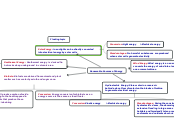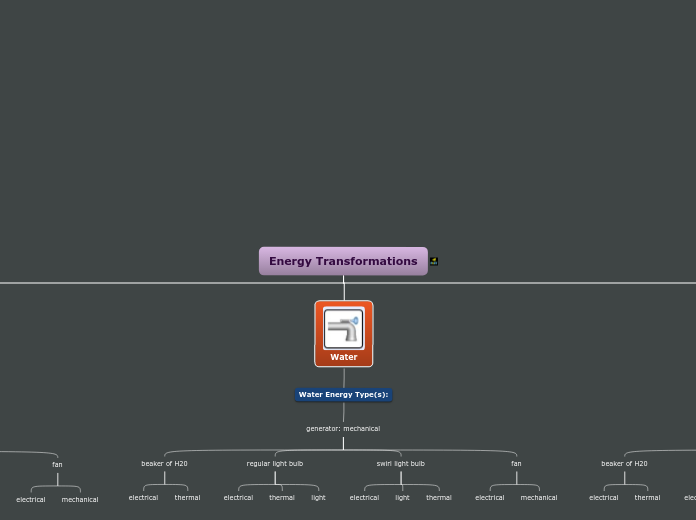av Nurul Haziqah 7 år siden
308
Renewable Sources of Energy
Renewable energy sources are crucial in the modern quest for sustainable power. Wind energy harnesses the power of wind through turbines, converting kinetic energy into electricity without emitting harmful substances.









